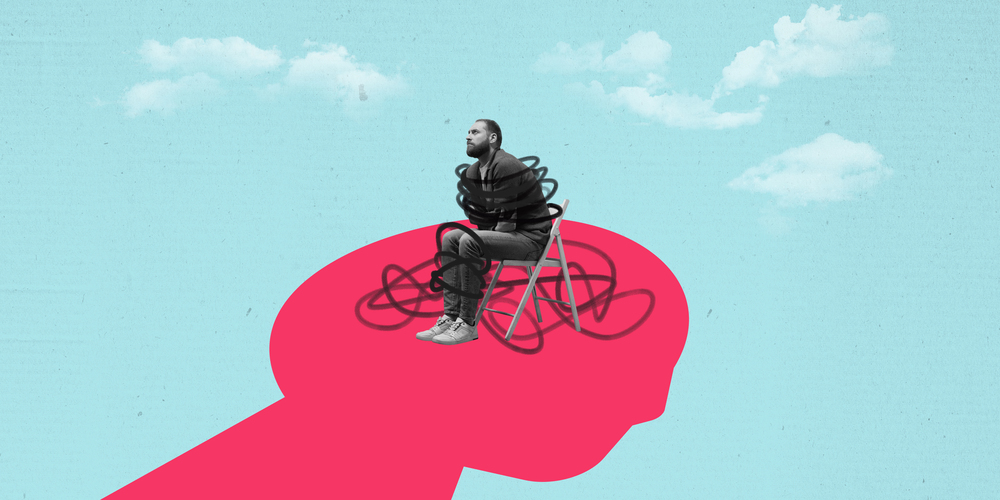Dominant approaches to mental health have focused on the individual—framing distress as a result of biology, willpower, or personal coping failures. The field has made only limited forays into understanding the social conditions that shape mental well-being, typically in ways that reinforce societal norms and emphasize reintegrating individuals into the very structures that may be harming them.
In her new paper, Social Determinants of Mental Health: Challenges and Interventions, Mary Christine Wheatley argues that this individualistic approach is deeply inadequate. Published in the Premier Journal of Public Health, her study calls for a shift toward the social determinants of mental health (SDOMH), positioning mental health not as an individual concern but as a product of social, economic, and political conditions.
“The influence of social, economic, and environmental factors—collectively known as social determinants—on mental health is an area of critical importance in public health research. These determinants encompass a wide range of conditions in which individuals are born, grow, work, live, and age, and they are responsible for health inequities across different populations,” she writes.
“Recognizing the role of social determinants is essential not only for mental health professionals but also for policymakers, as it guides the development of more inclusive and effective healthcare strategies.”
















Nice. The first paragraph sums up a mouthful. So very well said. Sadly, it’s a bit too long for a bumper sticker or a tee-shirt.
Report comment
“The social determinants of health movement have transformed public health policy—so why is mental health still treated as an individual issue?”
Because the so-called ‘mental health’ field is NOT truly healthcare.
Yes, it is funded as part of the health system. It employs doctors, nurses and allied health professionals. It is taught in the Faculties of Medicine’s curriculums. On the surface, it LOOKS like a healthcare service, for sure.
But it has markedly deviated from both healthcare ethos, healthcare ethics and healthcare legislation.
The basic premise of healthcare is to attend to the suffering person and – as much as possible – alleviate their pain.
But mental healthcare is rooted in the notion that the mad person’s behaviour is the problem that should be treated – for other people’s sake. Mainly, to protect the public.
See Indigo Daya’s talk here:
https://youtu.be/6qU6wuc6gl0?list=PLa3ZgSO8yKFw1UvMRMB9YapChSQc-hdev&t=1030
This is why the suffering people’s pleas are ignored over and over again.
And this – not the biomedical approach – is the root cause of the wrongness in mental healthcare.
And this is why so many healthcare workers become unfeeling towards their patients. Not because of the biomedical approach – however limited, this approach doesn’t sabotage basic compassion in other areas of healthcare – but because they are retrained by the mental health field to go against their core ethos and ethics, to stop seeing the person as a suffering customer, and start seeing them as the problem.
I suggest that what we call a “biomedical approach” in mental health is not truly biomedical. It’s the corruption of it. And the corruption of healthcare.
No other solution, reform, new service provision, recovery approach, trauma-informed approach or Lived Experience leadership can be effective if it doesn’t flag and address this baseline corruption.
Report comment
Sooooo there’s a very good reason why the mental health industry has to blame the individual in each and every case, with no other options save to do nothing about “the thing” and to go get a job and pay rent, bills, and taxes. Mental healthcare is essentialy a service of convincing/fooling the most vulnerable in society to never seek justice/revenge in any form.
Because what would happen if it wasn’t your fault, and also wasn’t your responsibility? Well it would have to be someone’s responsibility right? And this is where it gets to the dirty core of the problem.
-If it’s not the individuals responsibility then it’s the parent’s.
-If the parents have garnered such ill will from an adult offspring that he/she would be willing to accuse them while knowing there would actually be consequences, those parents are likely not even good enough parents and abusive.
– If the parents won’t submit then they would have to be forcibly punished. What’s that supposed to look like? Half of the living boomer population sent to jail? That is not reasonable or logistically possible or humane.
– if children are still young, what do we do with them? Fact is no one wants to be responsible for some random people’s kids cause they too busy getting high to care. There’s nothing we could do with all the kids removed from abusive parents.
So we can’t get justice, and we can’t do anything but serve them to essentially fund their continued lives of luxury and decadence. Most of us have already wasted our youths. This is the true, original cause of both depression/anxiety and all otherwise “non-observable” mental illness.
Parents cause mental illness. Drinking during first trimester of pregnancy causes autism. And the doozey to top it all off is that birth control taken long term has a >60% chance to cause cervical cancer.
Report comment